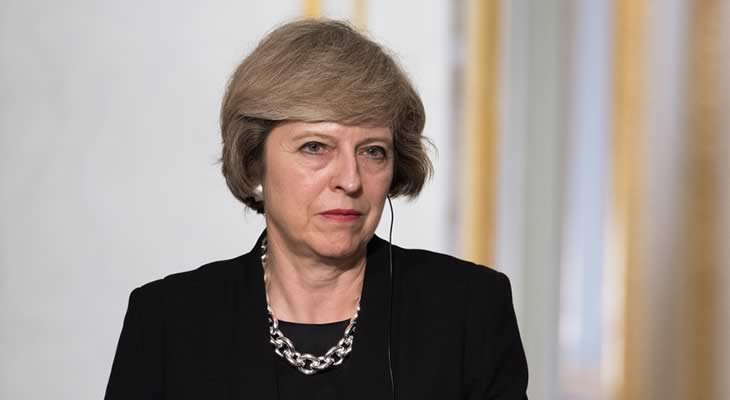Political Anxiety Drives Pound Sterling Euro (GBP/EUR) Exchange Rate to Fresh Four-Month Low
Increasing fears that a hard-line Brexiteer could soon replace Theresa May as Prime Minister saw the Pound Sterling to Euro (GBP/EUR) exchange rate extending its slide further.
After a record thirteen consecutive days of decline against the Euro (EUR) investors still saw no real reason to buy into Pound Sterling (GBP) on Thursday morning.
Although May held onto her office for the time being markets see little chance of her staying in place beyond the weekend, leaving GBP exchange rates on a weak footing.
Demand for the Pound looks set to remain limited in the days ahead thanks to the significant degree of political uncertainty now clouding the UK outlook.
As Jakob Christensen, Chief Analyst at Danske Bank, commented:
‘If Theresa May decides to step down, it opens the opportunity for a more pro-Brexit conservative leader, although such a process may only be completed in autumn. Hence an extension of the 31 October deadline with the EU may be needed, although uncertainty remains high about the potential different scenarios at the moment.’
Eurozone Manufacturing Contraction Limits Euro (EUR) Demand
Another disappointing month of Eurozone manufacturing and services PMIs limited the strength of the Euro, however.
As the Eurozone manufacturing sector retreated further into a state of contraction, with the headline index clocking in at just 47.7, this gave investors little cause for confidence.
While the service sector remained in growth territory in May this was not enough to give EUR exchange rates any boost, with the index still showing signs of a slowdown on the month across the currency union.
A deterioration in the latest German IFO business climate index added to the bearishness of the single currency, suggesting that the Eurozone’s powerhouse economy continues to struggle.
The release of the European Central Bank’s (ECB) April meeting minutes may put additional pressure on EUR exchange rates, provided that policymakers maintain a dovish bias.
As long as the ECB looks set to leave interest rates on hold, or potentially deliver an interest rate cut, before the end of the year support for the Euro will prove limited.
UK Retail Sales Weakness Set to Increase GBP/EUR Exchange Rate Downtrend
If Theresa May announces her resignation in the days ahead this could see the GBP/EUR exchange rate shed further ground as political anxiety persists.
Friday’s UK retail sales data is unlikely to offer the Pound any particular degree of support, meanwhile, as forecasts point towards a contraction on the month.
Investors anticipate that sales excluding auto fuel fell -0.5% on the month in April, suggesting a deterioration in consumer sentiment at the start of the second quarter.
With wage growth already showing signs of stalling and inflation set to accelerate further in the months ahead consumers are likely to come under increasing pressure, further eroding sales growth.
As stronger levels of consumer demand had helped to offset weakness in the manufacturing sector in previous months any weakness here could weigh heavily on the GBP/EUR exchange rate.


Comments are closed.